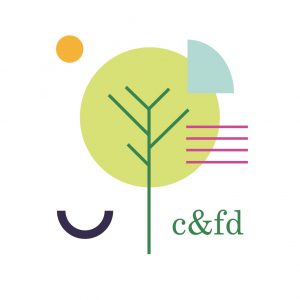By Mary “Mo” Froneberger, MAT ~ Child and Family Development
Parents of school-aged children are currently experiencing many unknowns regarding their child’s education. Are they reading on grade level? Have they made enough progress in math? Are their writing and handwriting skills appropriate for their age and grade? Should the child be retained? Is this because of a lack of instruction due to time out of school during the pandemic, or does their child have a learning disability? There are many factors that can affect a child’s ability to progress academically in school.
The prevalence of learning disabilities is approximately 20% of the student population and generally remains stable over time and across locations as these have a neurological basis. Students have also definitely been affected by time out of school due to the pandemic. Although the impacts from COVID-19 are still being understood, some early research published in 5/2021 on The Effect of COVID-19 on Education (nih.gov) has provided some overall trends:
1. Virtual learning has become a norm during COVID-19.
2. Children requiring special learning services, those living in poverty, and those speaking English as a second language have lost more from the pandemic educational changes.
3. For children with attention deficit disorder and no comorbidities, virtual learning has sometimes been advantageous.
4. Math learning scores are more likely to be affected than language arts scores by pandemic changes.
5. School meals, access to friends, and organized activities have also been lost with the closing of in-person school.
Findings from this research indicate that, the COVID-19 pandemic has affected and will continue to affect the delivery of knowledge and skills at all levels of education. Although many children and adult learners will likely compensate for this interruption of traditional educational services and adapt to new modalities, some will struggle. The widening of the gap for those whose families cannot absorb the teaching and supervision of education required for in-home education because they lack the time and skills necessary are not addressed currently. The gap for those already at a disadvantage because of socioeconomic class, language, and special needs are most severely affected by the COVID-19 pandemic school closures and will have the hardest time compensating.
As an educational specialist and consultant I can help parents navigate their child’s education whether they are in public school, private school or home schooled. Providing intervention and support early is very important as it has shown to be critical for academic progress and success.
Mary “Mo” Froneberger, MAT, is a Licensed Educational Specialist and Diagnostician at the Pineville location of Child & Family Development. Mo obtained her Bachelor of Arts degree from the University of North Carolina at Chapel Hill and her Master of Arts in Teaching from the University of North Carolina at Charlotte. Mo has helped many families over the years navigate educational resources and school services including Individualized Education Programs (IEP’s) and Section 504 Accommodation Plans, as well as, private school services and recommendations for community programs. Contact us to schedule consultation appointment with Mo today.
Listen to our recent Smarty podcast with Mo, Speech and Physical Therapies – How They Work Together for Your Child – she’s amazing!
Child & Family Development

Locations:
Mitdtown:
4012 Park Road, Suite 200
Charlotte, NC 28209
704.332.4834
Pineville:
11940 Carolina Place Parkway, Suite 200
Charlotte, NC 28134
704.541.9080
Website | Facebook | Instagram | Twitter




